Need Help? We are right here!
Search Results:
×Single Sign-On (SSO) is an authentication and authorization process that allows a user to access multiple enterprise applications with a single set of login credentials (username and password). Simply stating SSO combines several application login screens into one, where you submit credentials once and get access to all applications without individually logging into each application. With SSO end-user's time and efforts get minimized as they don't need to constantly sign in and out separately into a variety of web, on-premises, and cloud apps.
Single Sign-On (SSO) is an important aspect of Identity and Access Management (IAM) or access control services. SSO solution implemented perfectly within an enterprise makes overall password management easier, improving productivity and security reducing the risk of lost, weak, or forgotten passwords.
Enable SSO for any application that supports SAML, JWT, OAuth, or OpenID Connect protocols, including your in-house and legacy applications.
Allow users to SSO login using their existing Active Directory, ADFS, LDAP, HR Systems, Microsoft 365, G Suite, or CRM credentials.
Customized Registration and Login Page with Multi-Language Support which allows users to easily edit their self-service portal according to their requirements.
Gain deep insights into application usage and the user accesses activities from one central console for IT Admin.
Easily adds or removes multiple users, and grants or revokes their access to applications in a single click via the Single Sign-On admin portal.
Deploy the SSO solution on the platform of your Choice - Cloud, On-Premise, or Hybrid according to your requirements.





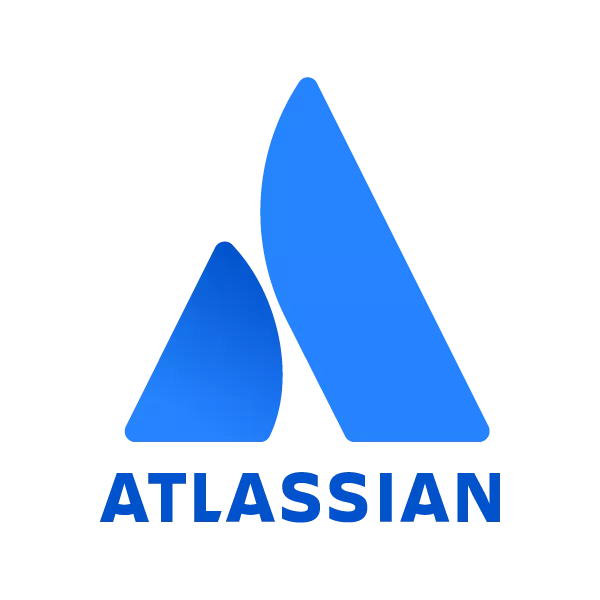

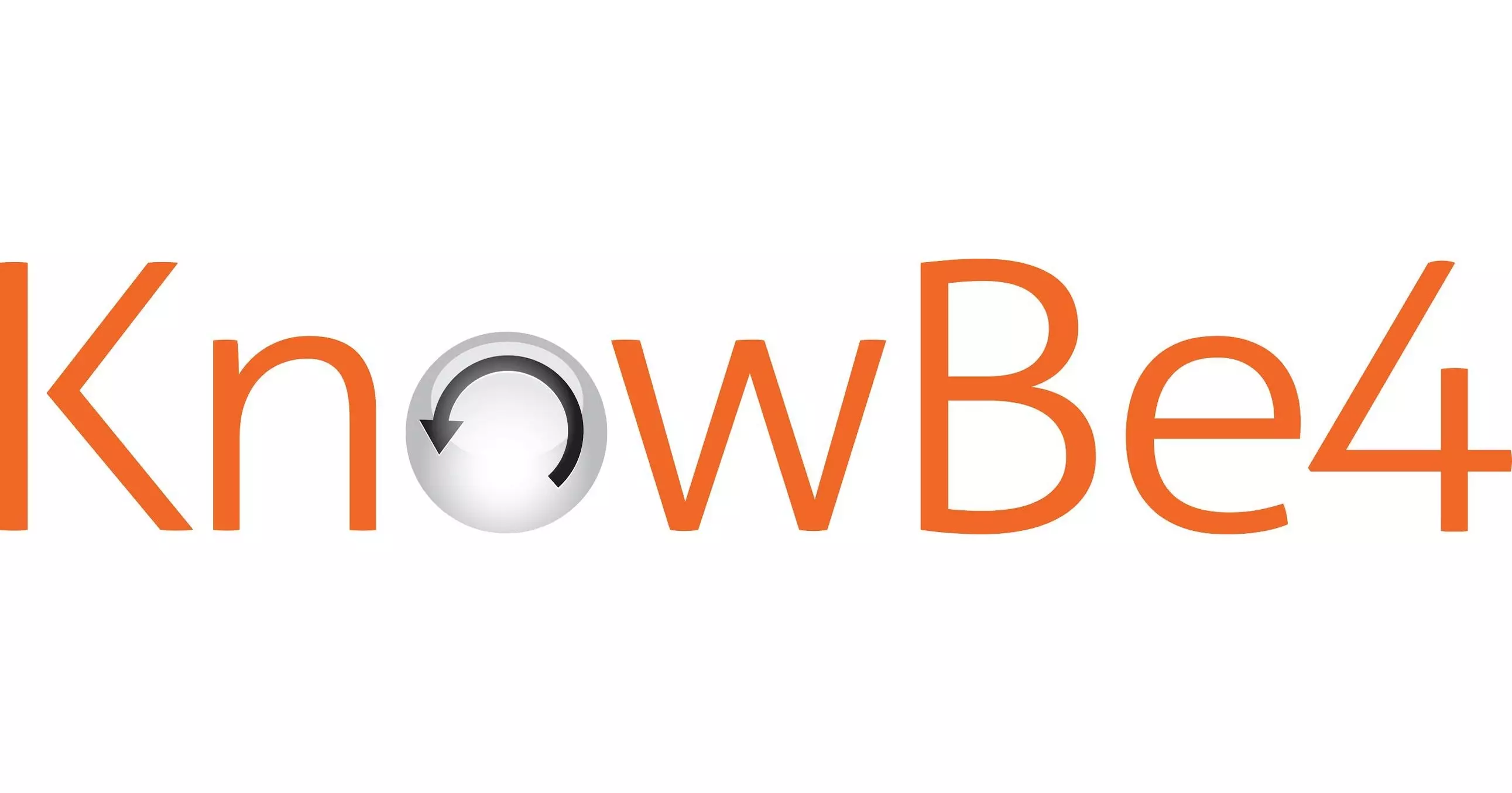



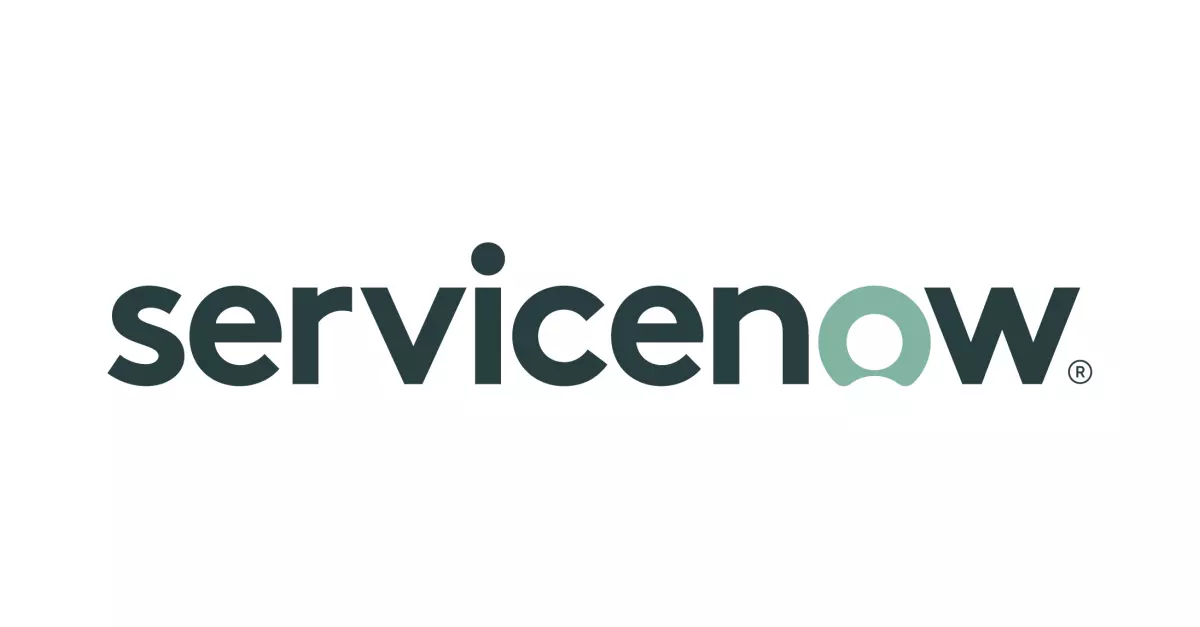

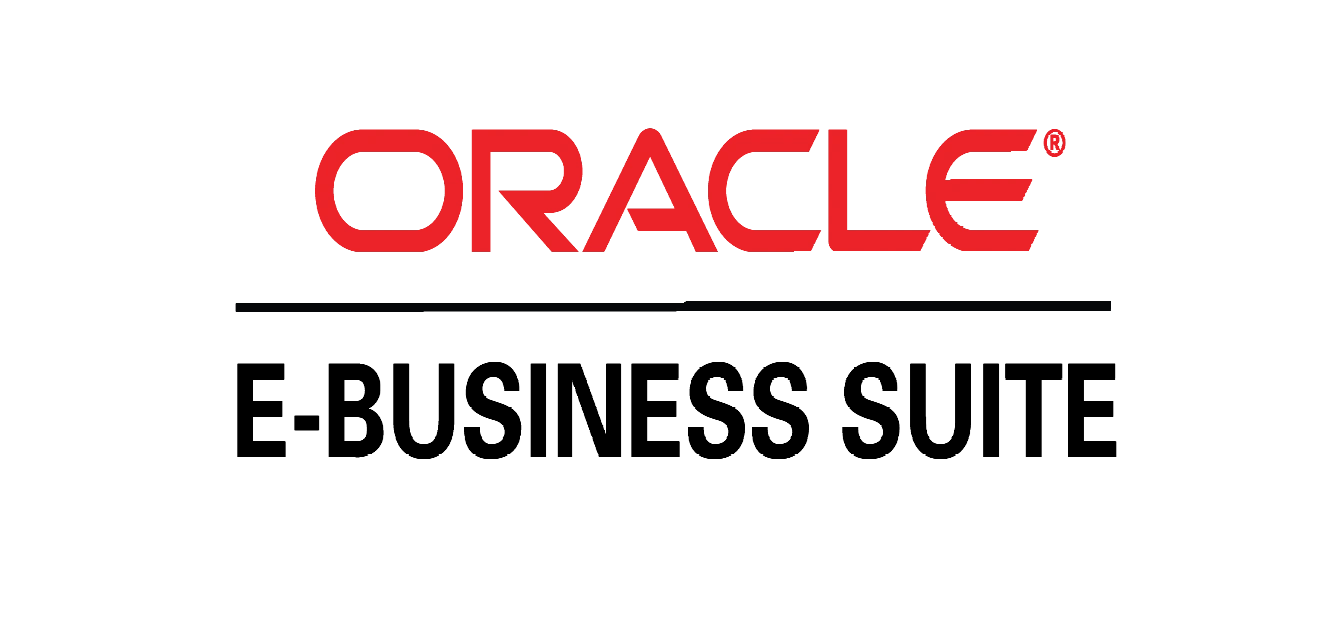
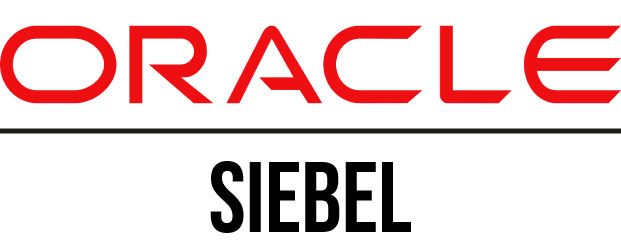
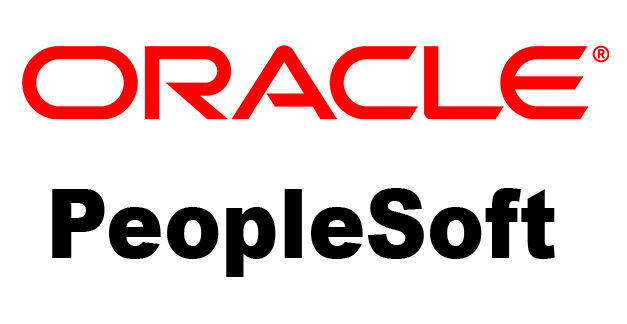

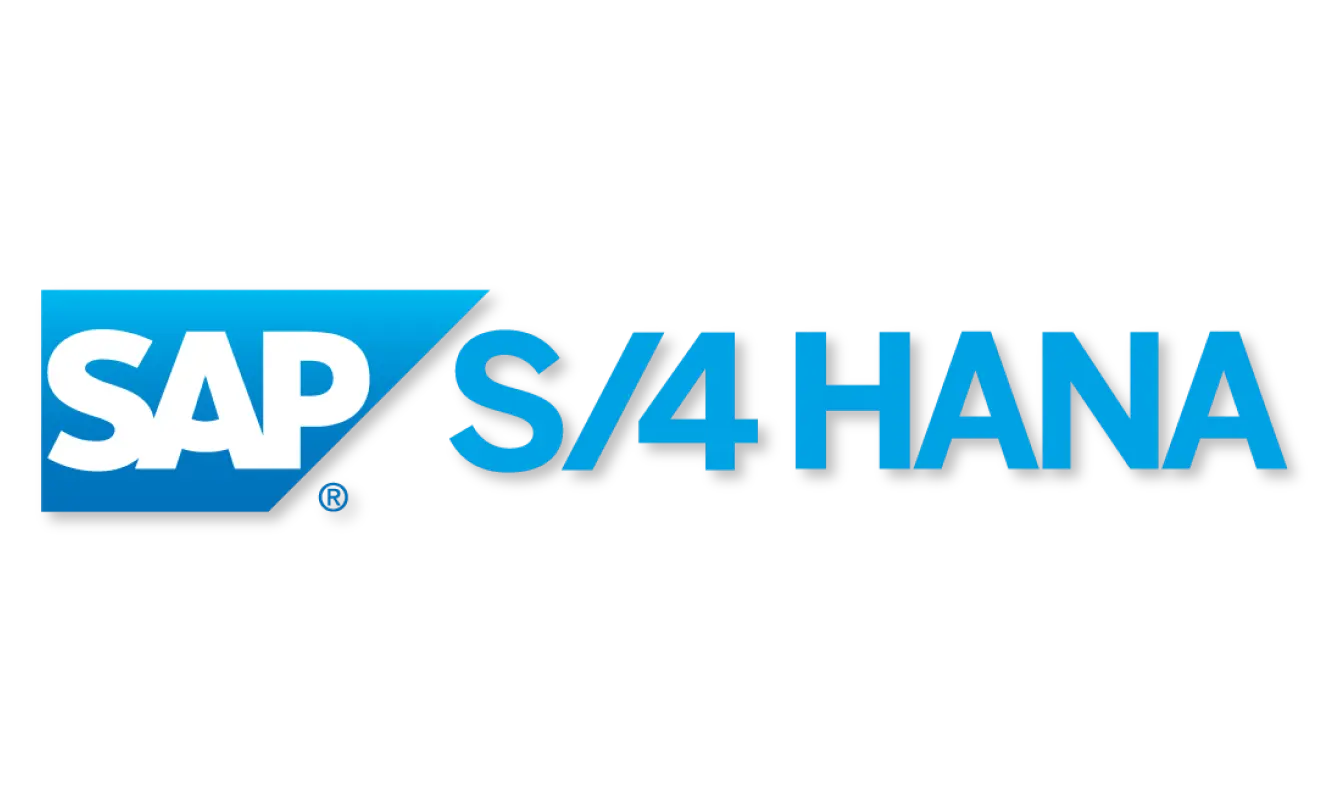
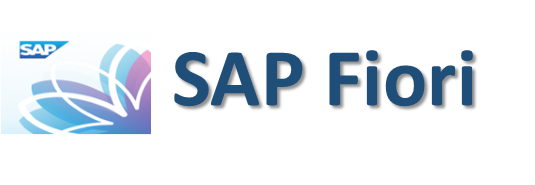
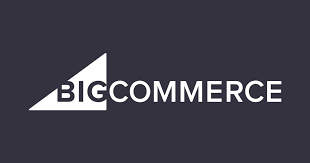

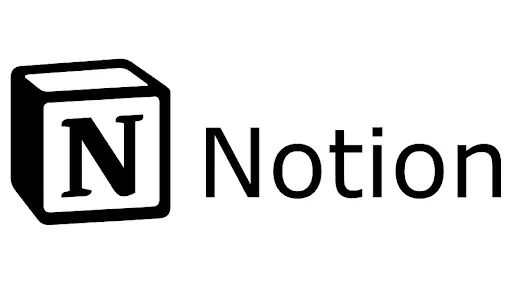

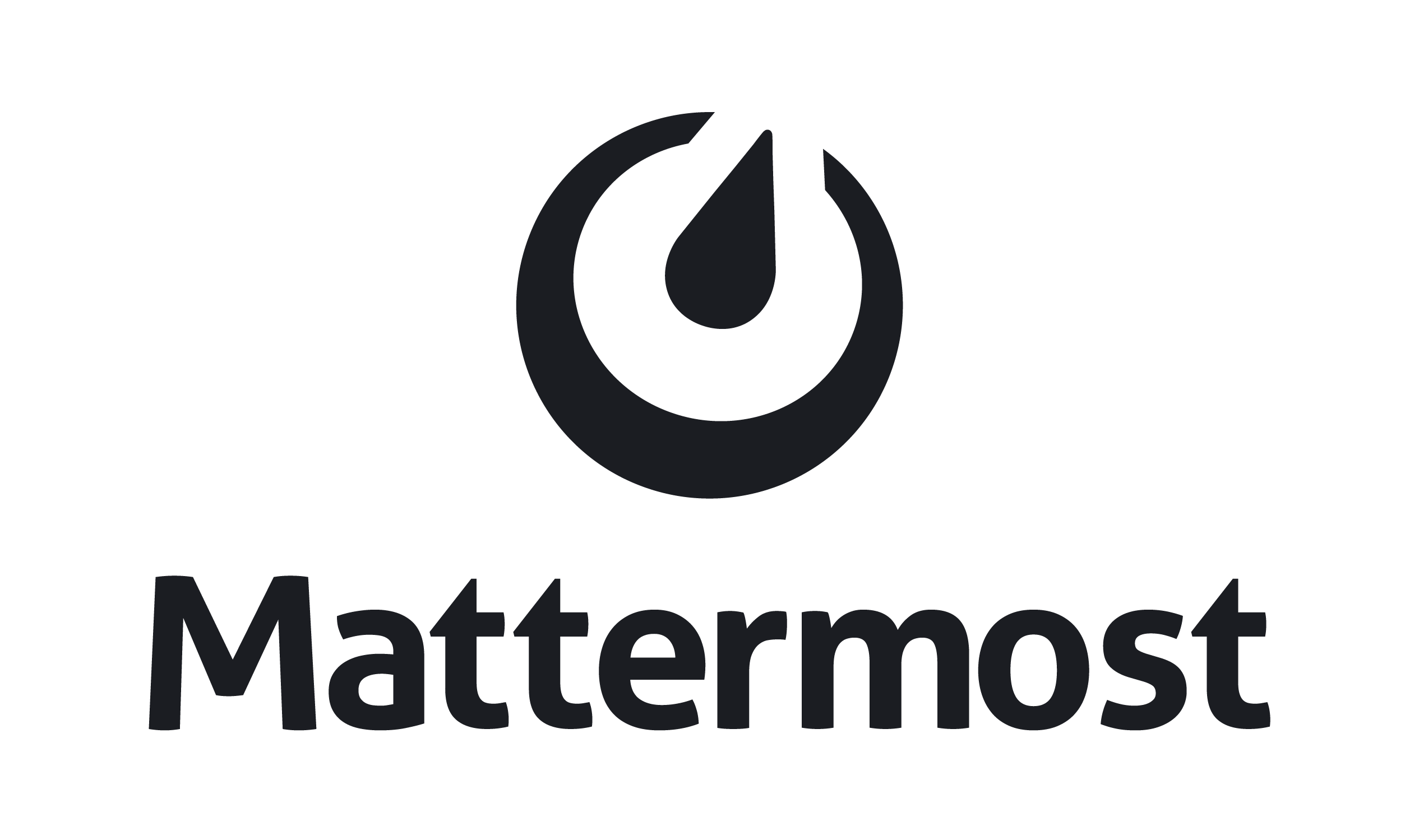

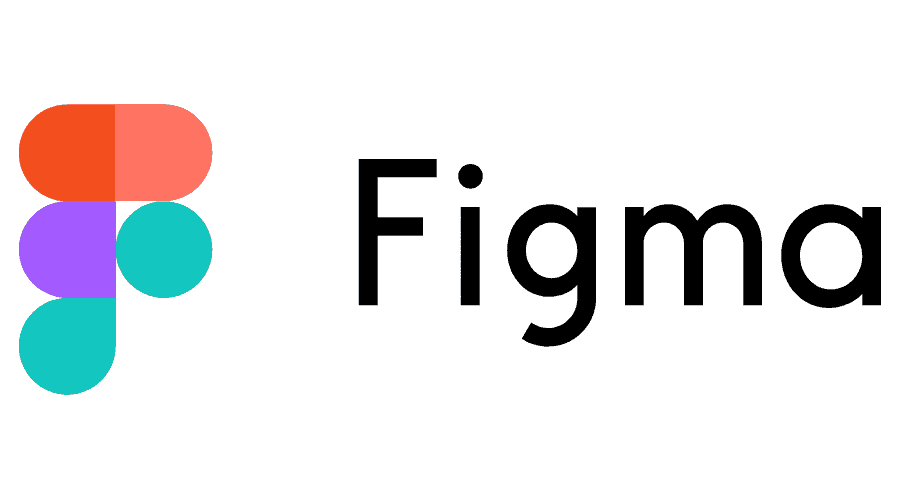
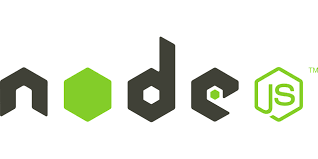
miniOrange as an SSO service provider has a wide network of 5000+ pre-built integrations. This integration helps your organization to securely adopt and deploy Single Sign-On (SSO) to the Cloud-based (SAAS) and On-Premise apps without individually maintaining the integrations. With pre-integrated SSO it gets even easier for enterprises to quickly search, add and provide user access to the enterprise applications.
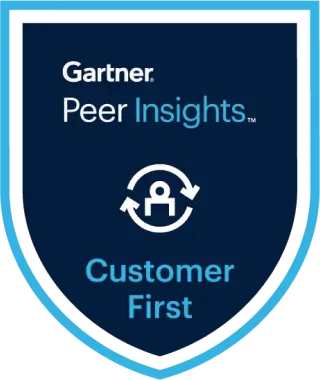


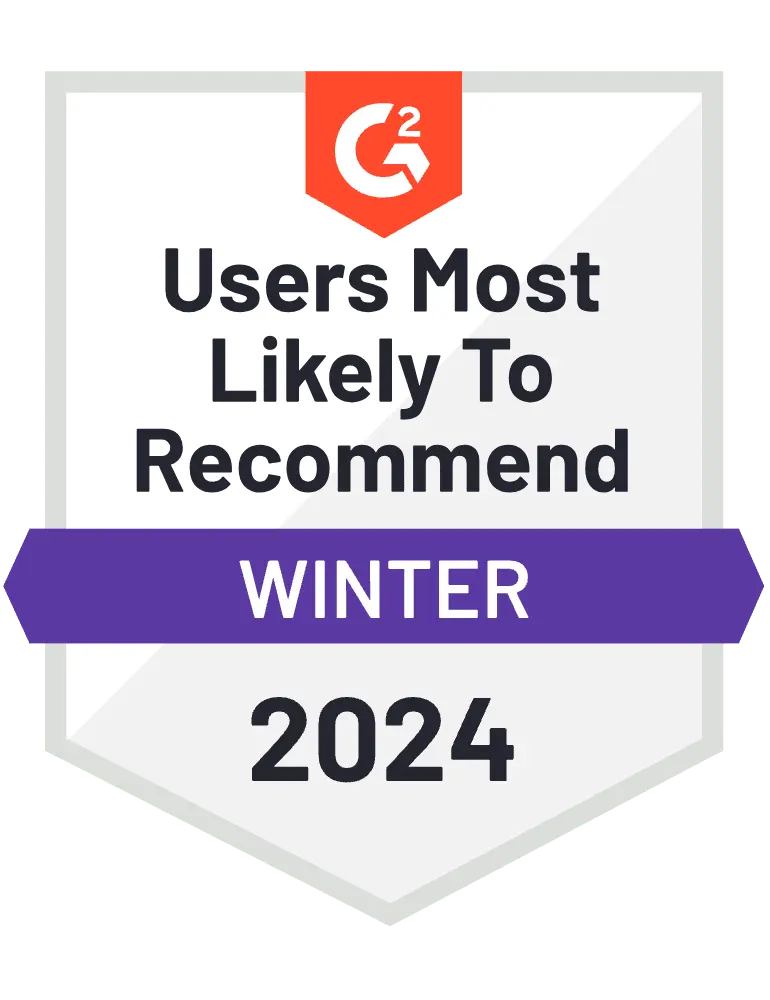

I can't speak highly enough regarding miniOrange, I am totally satisfied with the process and results in every regard.
5.0

Awesome tech service, Awesome product. Overall Awesome people. This solution is very simple and easy to implement
5.0
SSO solution helps employees and end-users quickly access their enterprise apps with a single click. This eliminates the inconvenience of managing, remembering, and resetting multiple passwords, thus improving productivity with higher conversion rates.
Tailor your subscription plan to your needs, get competitive pricing, and benefit from special discounts for educational and non-profit organizations.
Security and Compliance factors enforce organizations to prove that they have taken adequate security measures to protect sensitive data. Single Sign-On (SSO) helps with regulatory compliance to meet data access and security risk protection requirements.

Enabling SSO allows users to manage individual dashboards and self-reset passwords, which eliminates the necessity for IT support, saves admin time on password resets, and supports tickets to focus on more important tasks. This helps in reducing IT costs.
SSO authentication ensures that only authorized users get access to sensitive data. With Single Sign-On you can implement password policies like Password length, complexity, restrictions on password reuse, session timeout and self-service password reset policy to strengthen security without holding up your users access.
miniOrange cloud-based solution and competitive pricing allow you to Choose your subscription plan based on current requirements, and then scale as you grow.
per month
upto 500 Users
per user per month
*Please contact us to get volume discounts for higher user tiers.

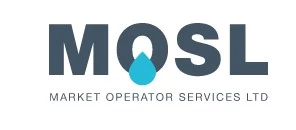





"Nahdi wanted to adopt SSO, and they were using Siebel CRM, but it didn't support any SSO protocols. Changing the entire CRM system and transferring data from one CRM to another is a time-consuming job....."
Firstly the user tries to get access to their desired application/website. These apps/websites are from the Service Provider.
1. The application/website (Service Provider) redirects the SSO request to Identity Provider for authentication.
2. The user tries to sign in with his Identity Provider credentials.
3. Once IDP authentication gets successful, Identity Provider (IDP) sends back the Single Sign-On response to the Service Provider.
4. Getting On the SSO Response, the user is granted access to log in and access the resource or application.
5. Here the user can access all the other apps/websites from the Service Provider which are pre-configured for SSO (Single Sign-On).
An SSO token is a collection of data or information that is passed from one system to another during the Single Sign-On process. The data can simply be a user’s email address and information about which system is sending the token. The certificate that is used for this digital signature is exchanged during the initial configuration process.
There are two main methods of SSO - Cloud and On-Premise SSO solutions.
On-premises SSO :Traditional on-premises SSO solutions require the provisioning, configuration, and upkeep of physical servers or virtual machines.
Cloud-based SSO : Cloud-based SSO solutions are software as a service (SaaS) and fully hosted by the miniOrange. The customer doesn't have to install, manage, or maintain any type of hardware.
With both types of SSO solutions, users can access multiple cloud applications with a single username and password.
Single sign-on (SSO) comes in various forms to cater to different organizational needs. The primary types of SSO are as follows: Web SSO, Enterprise SSO, and Mobile SSO.
SP-initiated Single Sign-On: This is when the user starts to sign in from your application (SP) and is sent to their Identity Provider (IdP) to log in and then redirected back to your application.
IDP-initiated Single Sign-On: The user logins directly to the IdP instead of the applications login Page.
Yes, miniOrange SSO solution offers compliance integration and supports various compliances such as GDPR, SAMA, and HIPAA. For the specific compliances supported, check here.
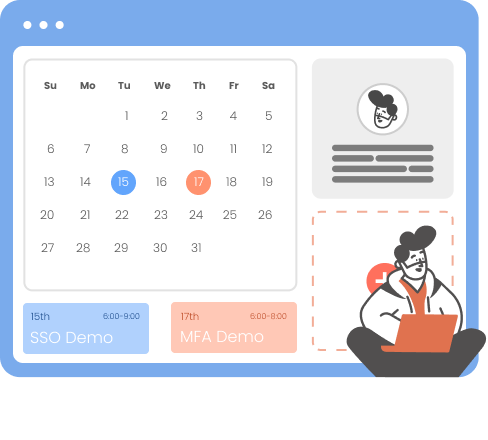
Identity, Access, and Beyond